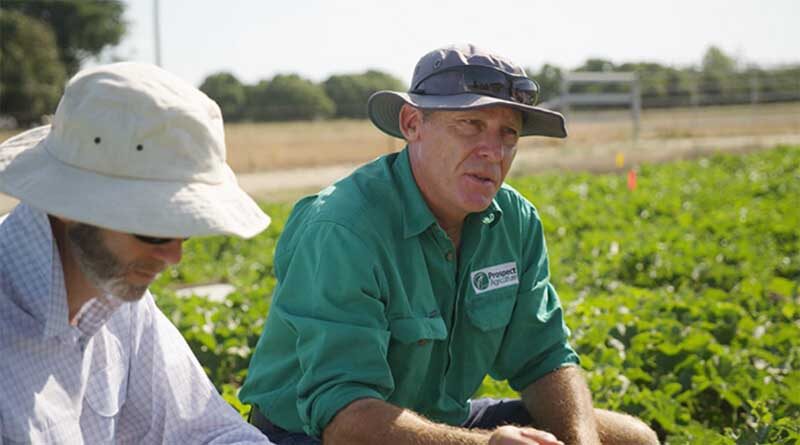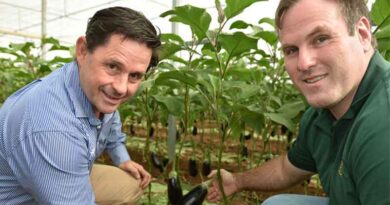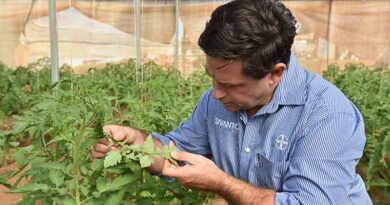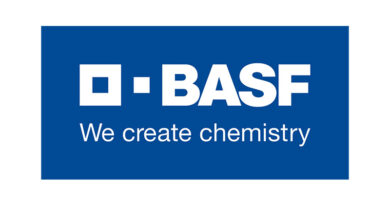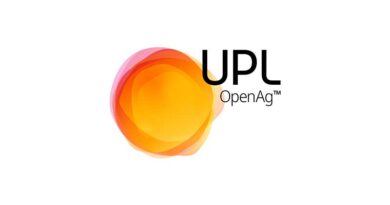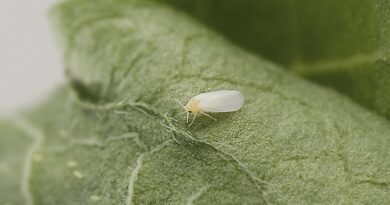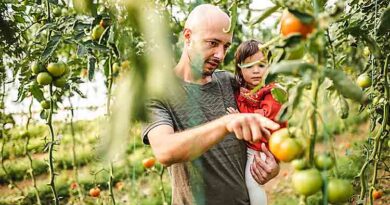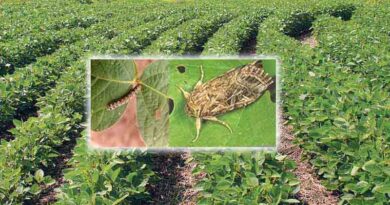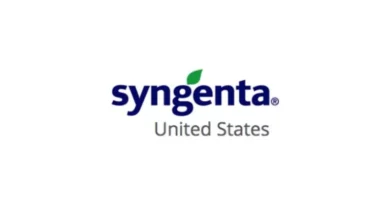SIVANTO prime is tough on key horticultural pests, with safety for beneficial species
28 September 2021, Australia: The Australian fruit and vegetable industry is set to benefit from stronger and more sustainable pest control, with the launch of SIVANTO® prime, a new insecticide from Bayer.
Having been developed globally in a wide variety of fruit and vegetable crops, SIVANTO® prime has shown excellent performance on a broad spectrum of damaging sucking pests.
Importantly, the product introduces a new chemical class – butenolide (Group 4D) – into key pest management programs, such as for fruit spotting bug and silverleaf whitefly. Introducing innovative and selective insecticide classes such as this is critical for sustainable pest management.
SIVANTO prime offers advantages over existing management options by offering rapid protection, flexibility for use over flowering and a good level of beneficial species safety.
Also Read: FAO Regional Office for Near East and North Africa
Bayer Grower Marketing Lead: Horticulture, Anthony De Monte, says it is exciting to be bringing such an innovative insecticide to market, after it has been proven by over a decade of field research in Australia.
“SIVANTO prime will be a welcome addition to the crop protection programs for growers needing new options for whitefly and aphid control in a range of vegetable crops,” Anthony says.
“With the registration of SIVANTO prime in avocados, mangoes and papaya for control of fruit spotting bugs and planthoppers, growers will have an innovative and selective insecticide class to support sustainable pest management.”
After being proven through extensive field research in Australia, SIVANTO prime has shown excellent performance on a wide spectrum of damaging sucking pests, including; fruit spotting bugs, banana spotting bugs, lace bugs, aphids, whiteflies, planthoppers and for the suppression of scirtothrips.
“The product acts fast and selectively, meeting the needs in most cases of a beneficial species-safe insecticide and diverse environmental safety requirements in a range of crops,” Anthony says.
Business Development Manager for Bayer in Queensland, Tim O’Grady, believes SIVANTO prime is a game-changer in orchard pest management, with its ability to work fast, but in a targeted way, which he agrees is good news for beneficial insects.
“Fruit spotting bugs are controlled quickly by direct contact, however the majority of important beneficial insects like predatory mites, lacewings, hoverflies, parasitoids and lady bird beetles remain untouched,” Tim explains.
“This makes the product ideal for use early in the season, especially given the unique level of safety to European honey bees and Australian native bees. It also helps meet the demand for a quality pack-out, without disrupting the whole orchard system.”
SIVANTO prime shows low toxicity to Australian native stingless bees (Tetragonula spp. and Austroplebeia spp.) and European honeybees (Apis mellifera) when used as directed, and can be safely applied during the period of crop flowering. The use of SIVANTO prime may result in transient effects on bee behaviour, but is not expected to affect the performance of bee colonies or solitary bees. However, under good agricultural practice, it is recommended not to apply SIVANTO prime or any other insecticides at times when bees are actively foraging.
The good level of safety for beneficial species SIVANTO prime provides is also critical in vegetable production, with the product matching the best standards for residual control of silverleaf whitefly, without being detrimental to the parasitoid wasp, Eretmocerus hayati.
“Trial work at the Queensland Department of Agriculture and Fisheries Bowen Research Station has proven this complementary fit under high pest pressure,” Tim says.
“Using SIVANTO prime early on a building pest population, where younger lifecycle stages are present, can help avoid large population peaks later in the season.
“The product rapidly prevents sap feeding and honeydew secretion for both silverleaf whitefly and aphids, with the cessation of feeding happening within minutes, not hours after application.”
SIVANTO prime provides a much-needed new tool for sustainable management of these pests, and is already making an impact in the field for people such as Chris Monsour, from Prospect Agriculture in north Queensland.
“It’s very important for us to have new chemistry like SIVANTO prime as an option to manage silverleaf whitefly,” he says.
“It is not only important for managing the pest, but it also enables us to develop a strong, robust resistance management strategy, with the option of preserving beneficials. So, SIVANTO prime helps as part of an overall IPM strategy to manage this key pest.”
SIVANTO prime is expected to be launched into macadamias, and other crop label extensions are expected to follow later in 2022. For more information, head to sivantoprime.com.au for a range of resources, including field guides and experiences from the paddock.

